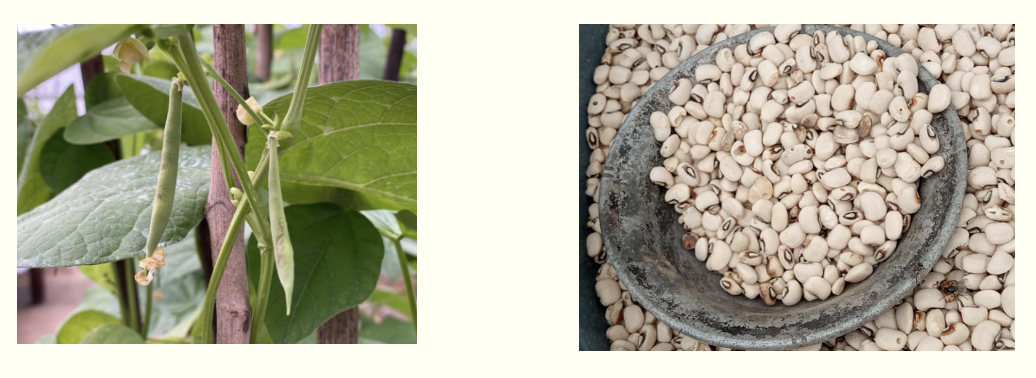Regional Stakeholder Convenings Identify Gaps in Legume Systems in Africa Through a Locally Led Lens
From the October 2024 Newsletter
Legumes play a crucial role in the socio-economic development of many global regions. These crops provide affordable protein, nitrogen fixation for soil, and are adaptable to a changing climate. The Feed the Future Innovation Lab for Legume Systems Research works to build the systems of common bean and cowpea across three key African regions: West Africa, East Africa, and Southern Africa.
To identify gaps in these systems, the Legume Systems Innovation Lab held a virtual regional stakeholder convening (RSC) in each of the three African focal regions. Over 500 stakeholders from across the value chains participated in the interactive workshop. The gaps identified by the regional stakeholders provided the Legume Systems Innovation Lab with valuable insight on where to focus research funding support.
This “bottom up” strategy focusing on locally led inclusion is designed to identify the needs of a specific system rather than using a “top down” approach where research priorities are set without examining gaps. With this local context the Legume Systems Innovation Lab structured the request for proposals (RFP) to fill gaps which will strengthen the overall system in each region.
One key to the successful RSCs was the establishment of regional coordinators who understood the local landscape. This role in Africa was filled by the International Centre for Evaluation and Development (ICED). ICED is an independent, African-owned and African-led think tank that applies monitoring and evaluation (M&E) in the development sector. ICED uses the outputs of evaluation to contribute to and enhance development outcomes and impacts, concentrating on Africa, where the need for its expertise is greatest.
Through ICED, the Legume Systems Innovation Lab was able to reach localized experts and harness their knowledge of the regional cowpea and common bean systems.
A main component of the RSCs were regionally focused presentations on cowpea and common bean seed systems and varietal development; value chains and system integration; gender equality and social inclusion; and resilience and climate change led by the Legume Systems Innovation Lab Technical Leadership Team (TLT). These presentations helped to set the stage for dynamic interaction amongst participants as they collectively discussed the system gaps and how to best address them. The TLT will remain as a support system to researchers providing focused expertise in their specific areas.
The RSCs also highlighted how multi-stakeholder platforms (MSPs) integrate members of the entire value chain for maximized benefits to all members leading to cross collaboration and unified efforts. The Legume Systems Innovation Lab will implement the MSP strategy within the newly funded projects. This approach led to the program receiving 107 concept notes in the RFP process based on the gaps identified within each region.
Note: The Legume Systems Innovation Lab also works in Central America. This article focuses the RSC process in the three African regions, however, the same RSC process occurred in Central America




 Print
Print Email
Email


